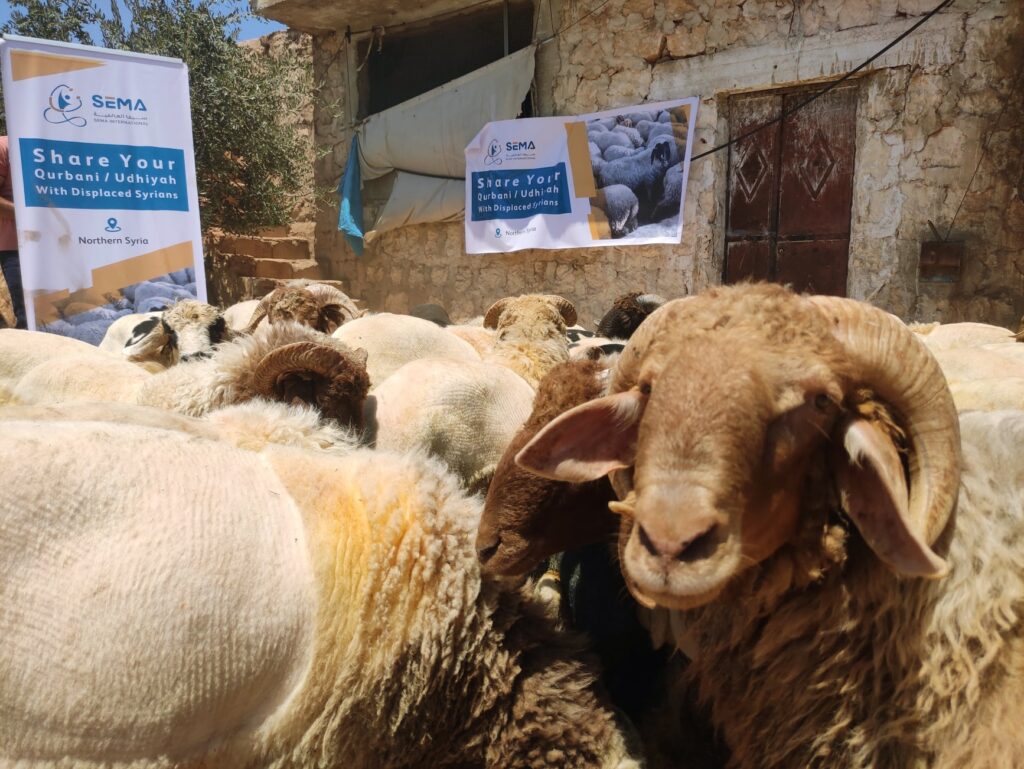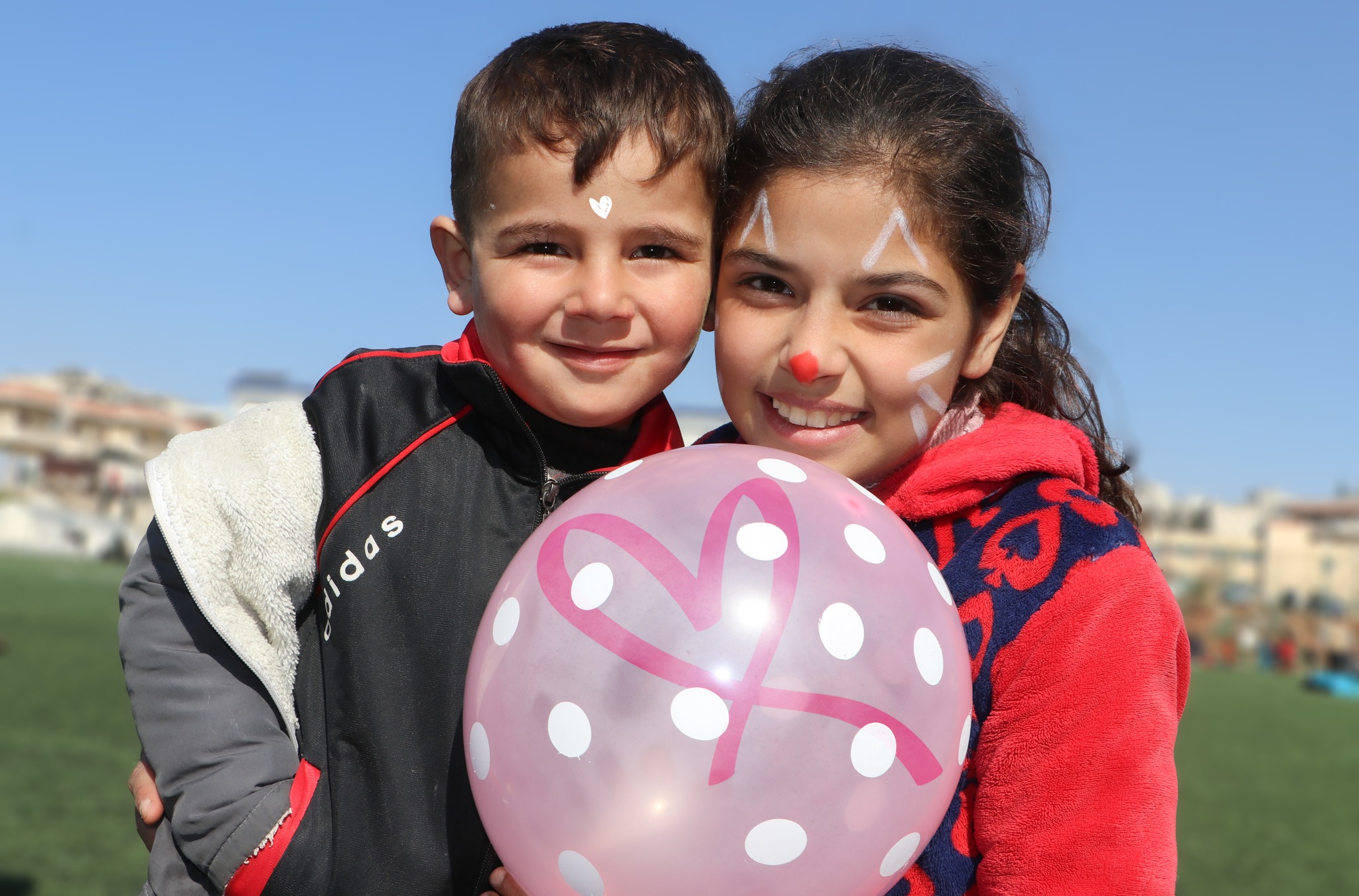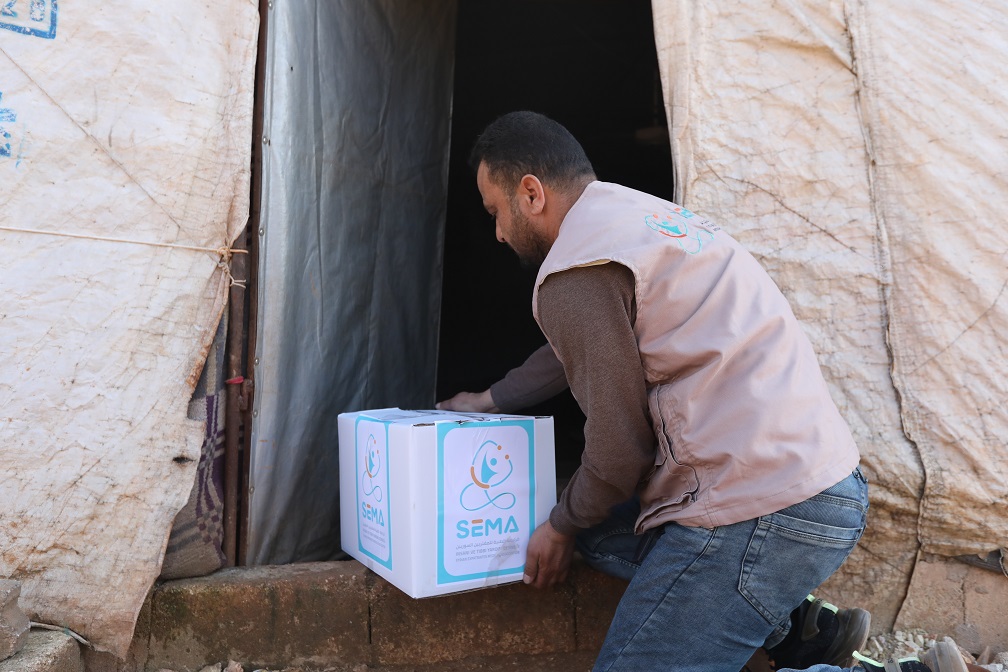Welcome to our comprehensive guide on Aqiqah, a cherished Islamic tradition that celebrates the birth of a child and expresses gratitude to Allah for this precious gift. In this article, we delve into the Aqiqah rules in Islam, exploring the significance of this ritual, the guidelines surrounding it, and the spiritual and social benefits it brings to families and communities. Whether you’re a new parent seeking guidance or simply curious about this beautiful custom, join us as we uncover the profound meaning behind Aqiqah and its role in nurturing faith and fostering bonds of love and generosity.
What is Aqiqah and Its Significance in Islam?
Aqiqah is the Islamic tradition of sacrificing an animal on the occasion of a child’s birth. It is a way of expressing gratitude to Allah for the blessing of a child and seeking His protection for the newborn. The word “Aqiqah” itself refers to the hair of the newborn, which is shaved during the ceremony. The sacrifice is seen as a ransom for the child’s soul and a symbol of their dedication to Allah.
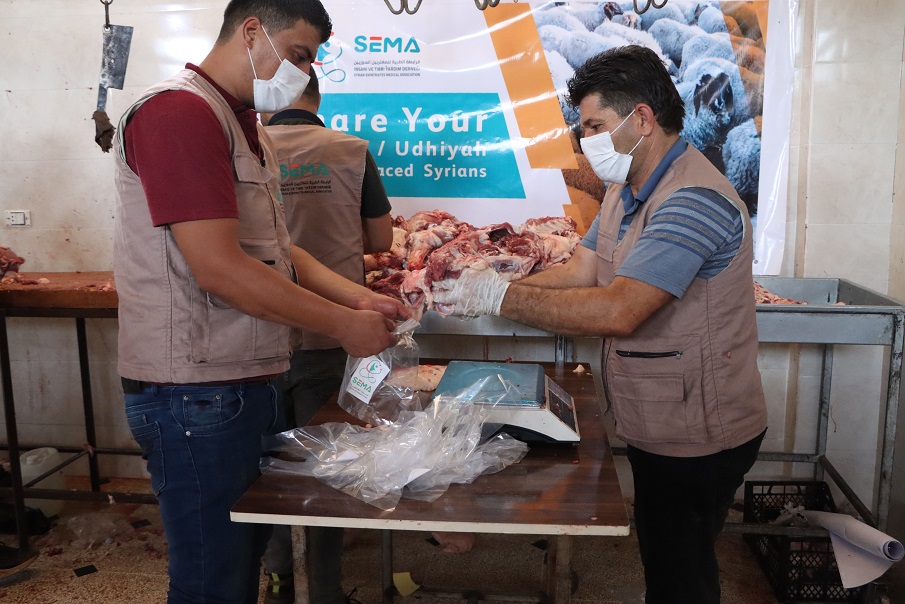
When to Perform Aqiqah: Optimal Timing According to Islamic Tradition
The recommended time for performing Aqiqah is on the seventh day after the child’s birth. However, it can also be performed on the 14th or 21st day. If these days are not possible, Aqiqah can be performed at any time before the child reaches puberty.
Choosing the Aqiqah Animal: What Animals Are Permissible and Their Requirements?
The animals that are permissible for Aqiqah are sheep, goats, cows, and camels. The animal must be healthy, free from any defects, and of a certain age. For sheep and goats, the animal must be at least one year old. For cows, it must be at least two years old, and for camels, it must be at least five years old.
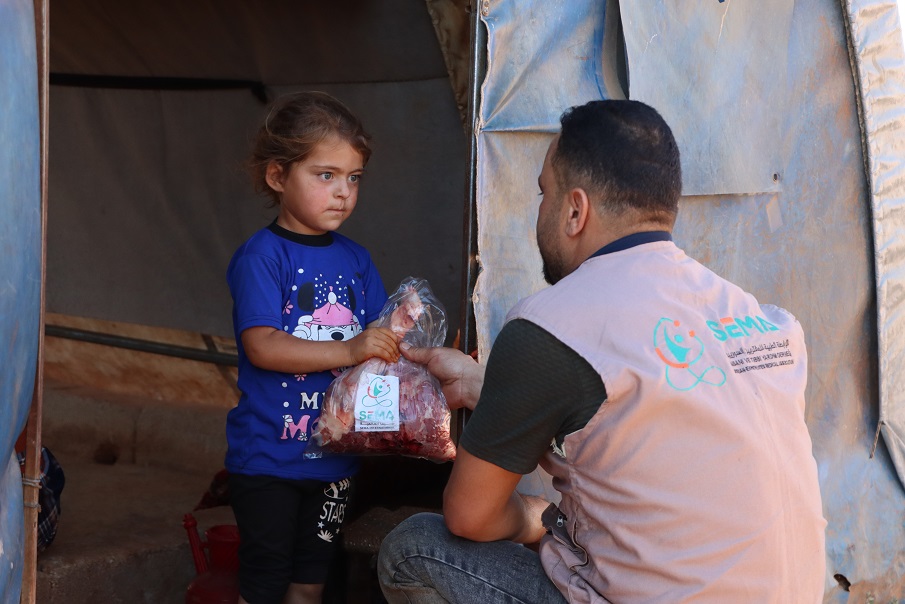
How Many Animals to Sacrifice for Aqiqah? Differences for Boys and Girls
For a boy, two animals are sacrificed, while for a girl, one animal is sacrificed. This difference is based on the Hadith of the Prophet Muhammad (peace be upon him).
Distribution of Aqiqah Meat: Sharing Blessings with Family, Friends, and the Needy
- The Aqiqah meat is divided into three parts: one-third for the family, one-third for relatives and friends, and one-third for the poor and needy. It is encouraged to share the meat generously, as this is a way of spreading the blessings of Aqiqah.
- Shaving the Baby’s Head and Other Sunnah Practices Associated with Aqiqa
- In addition to the sacrifice, other Sunnah practices associated with Aqiqah include shaving the baby’s head, giving the baby a good name, and offering prayers of gratitude to Allah. The baby’s hair is weighed, and its equivalent weight in silver or gold is given in charity.
How SEMA can help you perform you aqiqah
You Can donate to our qurbani campaign and we will perform your aqiqah in northern Syria as fast as we can.
FAQ
Is Aqiqah obligatory in Islam?
Aqiqah is not obligatory (fard) in Islam, but it is highly recommended (Sunnah). It is a beautiful way to express gratitude for the birth of a child and seek Allah’s blessings and protection for them.
What if I can’t afford to perform Aqiqah immediately after the birth?
There is no strict deadline for performing Aqiqah. If you cannot afford it immediately after the birth, you can delay it until you are financially able. It is recommended to perform it as soon as possible, but it is never too late to fulfill this Sunnah, even if the child is older.
Can I donate money instead of sacrificing animals for Aqiqah?
The traditional practice of Aqiqah involves sacrificing animals, but some scholars permit donating the equivalent value to charity, especially in situations where animal sacrifice is not practical or feasible. However, it is best to consult with a knowledgeable Islamic scholar for guidance on this matter.
What should I do with the Aqiqah meat if I have a small family?
Even if you have a small family, it is encouraged to share the Aqiqah meat generously. You can distribute it among relatives, friends, neighbors, and especially the poor and needy. Sharing the meat is a way of spreading the blessings of Aqiqah and fostering a sense of community.
Read More:
Qurbani Guide
Donate with Purpose: Sadaqah for Illness at SEMA
Donate your Zakat

